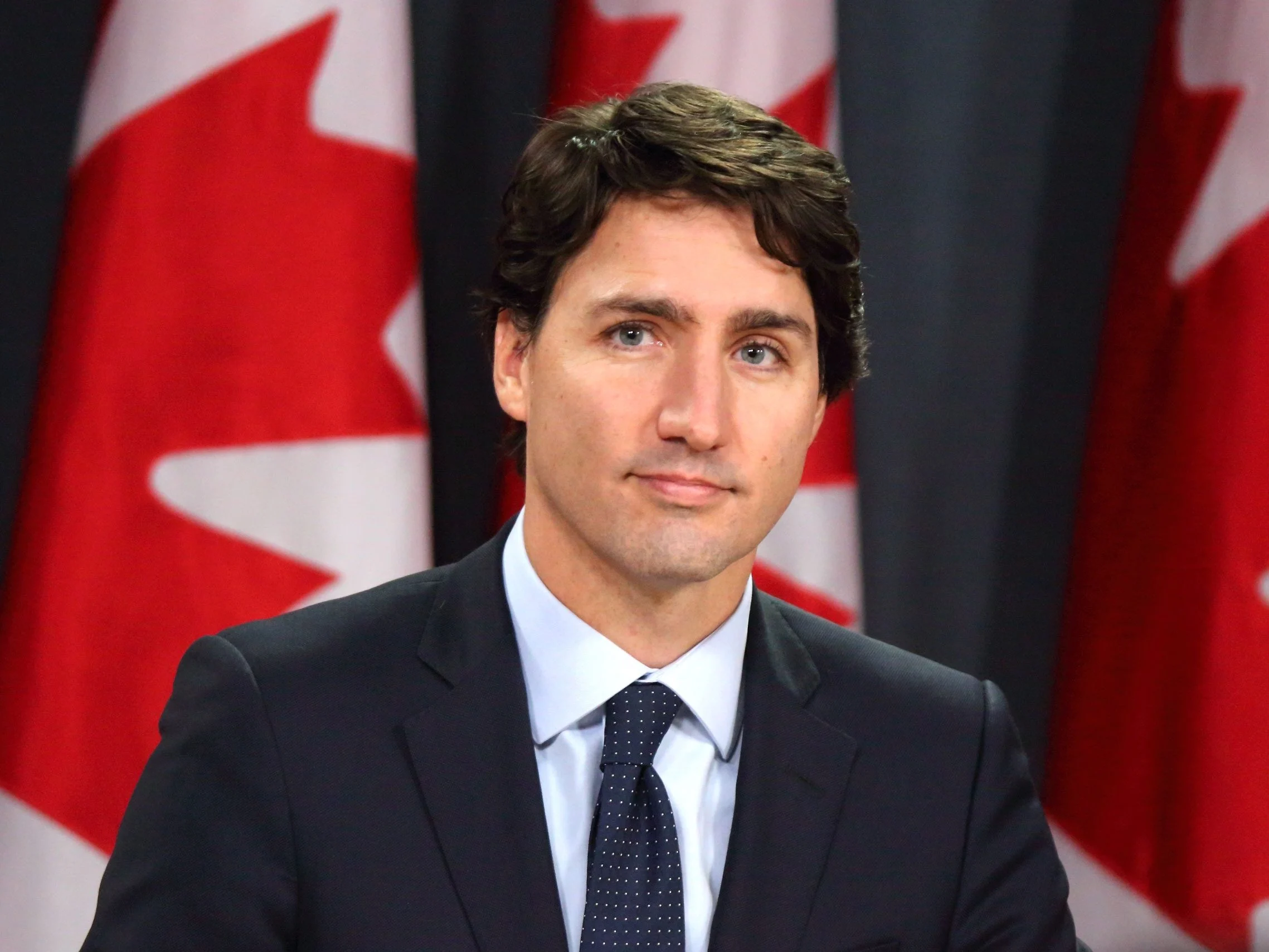In response to a wave of criticism from allies, especially the United States, the Liberal government announced on Thursday its intention to meet NATO’s military spending benchmark of two percent of its members’ gross domestic products by 2032.
Prime Minister Justin Trudeau made this announcement at the conclusion of NATO’s annual summit in Washington, despite expressing skepticism about the goal’s significance.
“We continually step up and punch above our weight, something that isn’t always reflected in the crass mathematical calculation that certain people turn to very quickly,” Trudeau said. “Which is why we’ve always questioned the two percent as the be-all, end-all of evaluating contributions to NATO.”
The plan lacks specific details, but Trudeau mentioned that the target would be achieved by investing in new defense capabilities, such as submarines, which have not yet been costed or approved.
Western leaders at the NATO summit in Washington emphasized the importance of all allies meeting the military spending benchmark in an increasingly volatile world.
NATO has requested that each of its 32 members submit a plan to meet the two percent goal if they haven’t already done so. Currently, 23 NATO allies are meeting the two percent commitment.
Canada allocates approximately 1.3 percent of its GDP to the military. There is a plan to increase this to 1.76 percent by the end of the decade, but NATO, the United States, and the Canadian business community have been urging the federal government to provide a clear plan to reach the two percent mark.
Trudeau met with U.S. lawmakers and business community representatives this week. He maintained that he faced no pressure either on Capitol Hill or at the summit.
“It actually hasn’t been a political problem this week,” he said. “It has been a conversation, and allies have been pleased to hear that we have a plan and a timeline to get to two percent.”
The reaction from U.S. lawmakers to his message was mixed.



